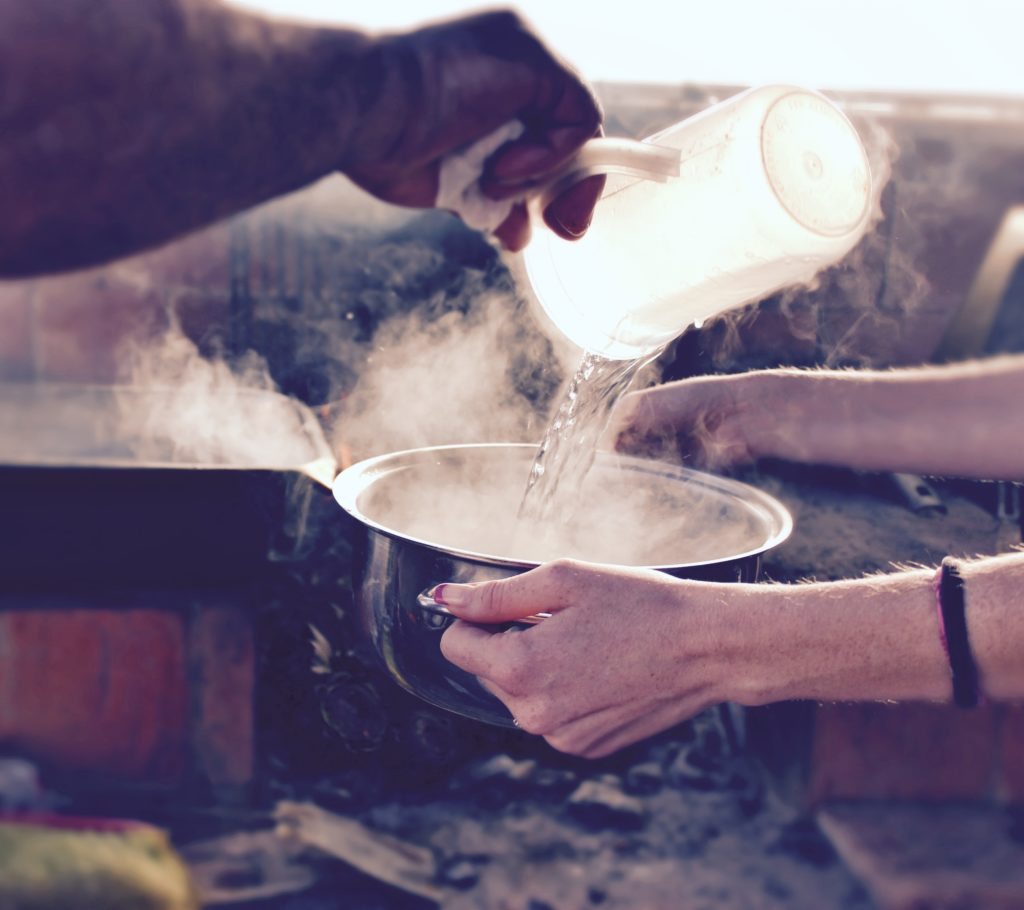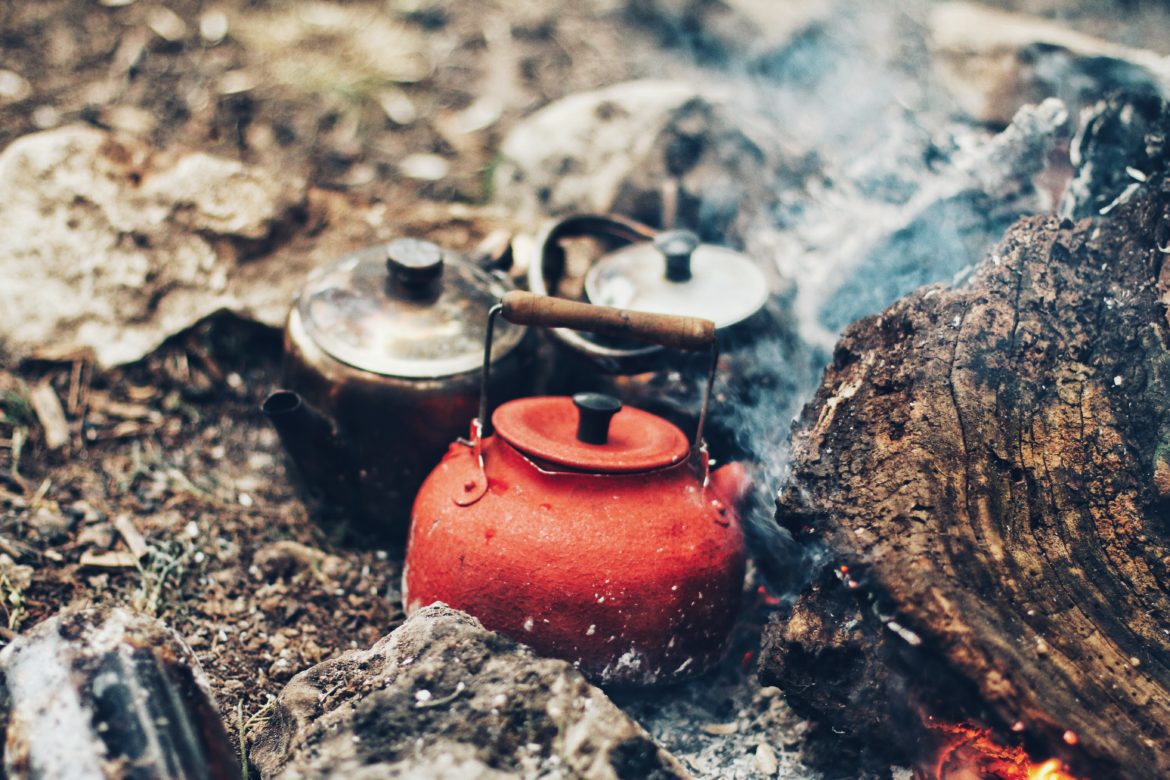How to Boil Water
The question, How to Boil Water While Traveling? When you plan on taking a trip, you might not think of boiling water on the go. This process is essential for several reasons, including making hot drinks on cold days. Boiling water at home is simple enough, but boiling it while travelling can become a hassle. Here are a few tips to make boiling water while travelling a breeze. First, make sure you have access to an electrical outlet. Second, don’t forget to bring some flax or other heating material.
You may not realize it, but boiling water is the safest way to kill pathogens. Bacteria such as salmonella, E. coli, and other bacteria can survive in dirty water. However, viruses and other water-transmitted pathogens can cause hepatitis and meningitis. Although boiling water does not kill all pathogens, it can help prevent diseases and infections.
To boil water while travelling, you can use a portable stovetop. This small cooking stovetop will take about 10 minutes and allow you to cook directly on the water you boil. Solar ovens are also a good option for boiling water. And finally, you should also make sure to boil water quickly while travelling. These portable cooking devices are usually inexpensive, ranging from $15 to $20.
Another way to boil water while travelling is to use a Moka pot. Unlike a regular coffee pot, a Moka pot uses hot water to make coffee. Boiling water can improve the taste of your coffee. Whether you’re travelling with a friend or staying in a hotel, you’ll be able to find somewhere to boil water when you need it. These methods can be used anywhere you’d like to drink hot water.
Before using water while travelling, it’s good to disinfect it with a cleaner. Besides preventing the spread of disease, it is also safe. While boiling water will kill off any bacteria and viruses, it won’t eliminate all traces of organic pollutants. It may also kill living organisms. So it would help if you always prepared it beforehand. And remember to boil water when travelling by car. In hot weather, it will take longer.
A portable stove will help you boil water on the road while camping outdoors. A gas stove should boil water in about 15 minutes, but a solar heater may be the way to go if you need a faster solution. Another option is to buy a water heating bag. These are portable and lightweight, and they are a good way to boil water while travelling.

If you’re going to boil water while travelling, you’ll want to boil it to kill any bacteria or viruses at the proper temperature. While boiling water may take longer than a standard kettle, it’s important to ensure the water is at the right temperature to kill any harmful microbes. The temperature should be 131degF (60degC) for boiling to kill pathogens. If you’re travelling at altitude, you can increase the time to three minutes, but remember that water boils at a lower temperature, so you’ll want to make sure it’s higher.
You can also boil water while camping at a campground. When camping, look for a place that has fast-flowing water. This is safer than stagnant water, but remember to boil and purify it anyway. Otherwise, you’ll end up with a stomachache, diarrhoea, and even a life-threatening illness. You may even be able to get water from a spigot if you’re lucky enough to find a potable water source near your campsite.
If you’re travelling with a limited amount of luggage, boiling water on the road can be tricky. While propane stoves and stackable cookware are obvious options, you may be wondering what to pack for boiling water while travelling. Electric kettles and car water heaters can also be a great choice. But remember that you’ll have to be careful to avoid spills and make sure you have enough water. This method is incredibly effective if you plan your trip accordingly.
You can boil water on a camping stove for two or more people. The burn time for boiling water depends on the type of fuel you’re using and your altitude. Make sure you know the specs of your stove before packing. This will let you know how much fuel it will take to boil a litre of water. If your travels don’t include camping, be sure to bring a water filter and a bottle of boiling water.

